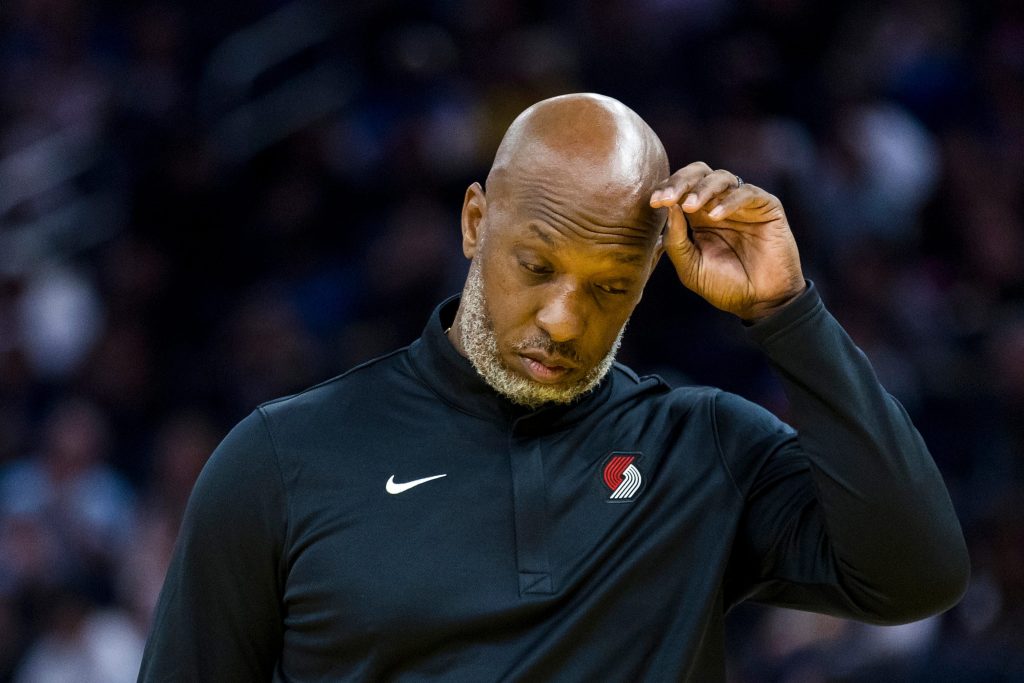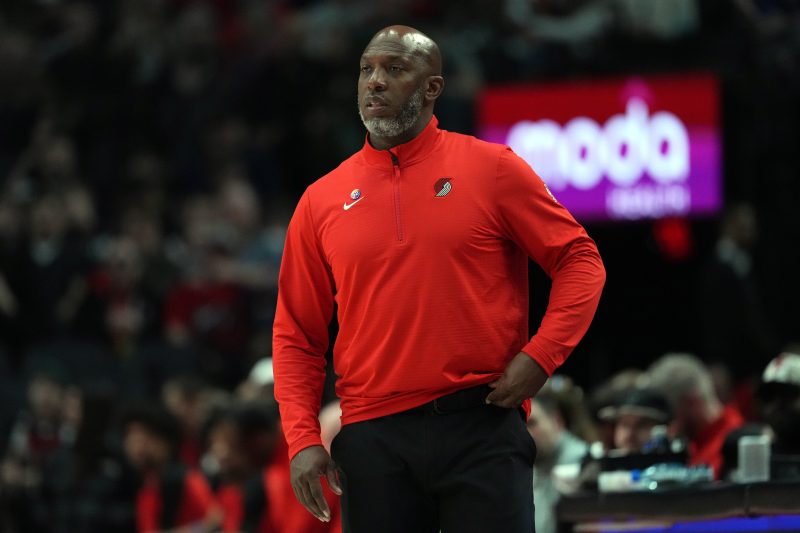NBA places Billups, Rozier on immediate leave after gambling indictment

- The NBA has placed Chauncey Billups and Terry Rozier on immediate leave following federal indictments.
- The indictments are part of a wide-ranging illegal gambling scheme with alleged ties to organized crime.
- Billups is charged in connection with an illegal poker operation, while Rozier is accused of manipulating his on-court performance for betting purposes.
The NBA has placed Portland Trail Blazers head coach Chauncey Billups and Miami Heat guard Terry Rozier on ‘immediate leave’ after they were indicted in a wide-ranging illegal gambling scheme that includes ties to organized crime and involves more than 30 individuals.
‘We are in the process of reviewing the federal indictments announced today,’ the NBA said in a statement on Thursday, Oct. 23, about two hours after the FBI and Eastern District of New York announced details of the investigation at a news conference.
The league said it will ‘continue to cooperate with the relevant authorities.’
‘We take these allegations with the utmost seriousness, and the integrity of our game remains our top priority,’ the statement said.
Billups was charged in connection with an illegal poker operation tied to the Mafia, while Rozier is accused of manipulating his performance during an NBA game to benefit illegal betting.
Rozier previously played for the Boston Celtics and Charlotte Hornets. He was the 16th overall pick in the 2015 draft.
Billups won the 2004 NBA title as a member of the Detroit Pistons and played 17 years in the league. He became Portland’s head coach in 2021 and was inducted into the Naismith Memorial Basketball Hall of Fame in 2024.
The National Basketball Players’ Association, the players’ union, also released a statement.
‘The integrity of the game is paramount to NBA players, but so is the presumption of innocence, and both are hindered when player popularity is misused to gain attention,’ the NBPA said. ‘We will ensure our members are protected and afforded their due process rights through this process.’




